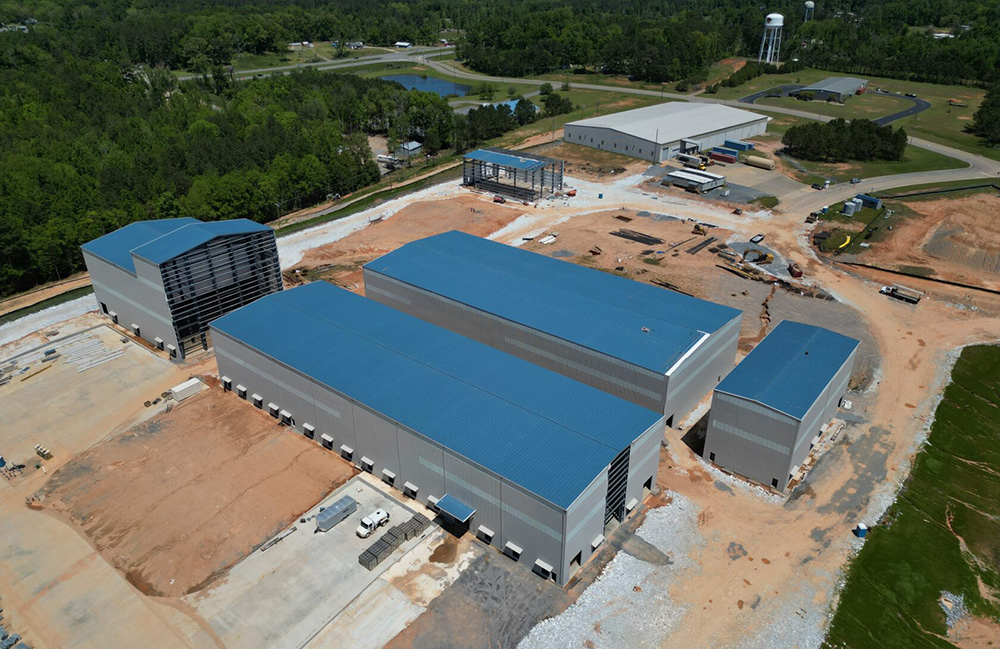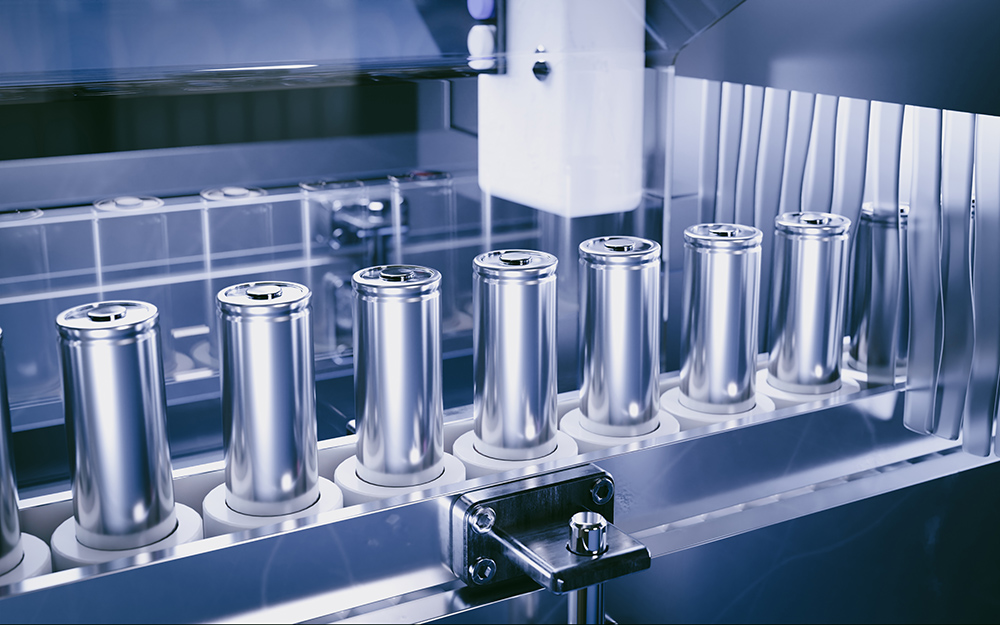The architects of the Inflation Reduction Act (IRA) and the Bipartisan Infrastructure Law (BIL) understood that growing the US EV industry will be a Pyrrhic victory if we trade dependence on oil for dependence on raw materials from unpredictable foreign countries—that’s why the laws include strong incentives for automakers to establish domestic supply chains for EV raw materials and components.
Whether by design or by coincidence, the new regime is also incentivizing another highly desirable outcome—defusing the political opposition to transport electrification by driving a wave of investment and job creation in red states.
Here’s just one example of the huge amount of activity that’s going on: Westwater Resources, which controls what it says is the second-biggest graphite deposit in the US, is currently building a graphite processing plant in Kellyton, Alabama, in the heart of what folks are starting to call the Battery Belt.
Jon Jacobs is a veteran of the EV industry and now the Chief Commercial Officer at Westwater Resources. In a recent interview for the latest issue of Charged, Jacobs explained how the company plans to build a vertically-integrated domestic supply chain for graphite anode material.
“It’s amazing what the IRA is driving in terms of new companies and investment. Westwater transitioned from mining uranium, of all things, to becoming a graphite anode producer—all because of these new trade rules.”
“The growing EV market and the Inflation Reduction Act are now driving incredible demand for domestically produced graphite,” Jacobs told Charged. “It’s amazing what the IRA is driving in terms of new companies and investment. Westwater transitioned from mining uranium, of all things, to becoming a graphite anode producer—all because of these new trade rules.”
“Westwater is building a graphite plant in Alabama, and people are eager to buy our capacity. How much more are people willing to pay to get US graphite compared to Chinese suppliers? For US cars with 80 kWh packs, cell makers should be willing to pay as much as $7 per kilogram more than non-IRA sources just to get anode material from the United States.”
The new graphite plant, currently under construction in east-central Alabama in a town called Kellyton, promises to revitalize an economically-depressed area.

“Prior to Westwater, the only major employer in the area was Russell Athletic, a sports brand that makes jerseys and apparel,” Jacobs told us. “At one time, Russell employed over 7,000 people in this area. Over the years, however, Russell moved most of its jobs elsewhere, leaving this beautiful part of Alabama in a lurch. Fortunately, the battery industry and the IRA are about to change everything, along with some good fortune that one of the battery industry’s most important minerals just happens to exist in that very same area. Westwater’s plant will likely employ many of the people in the area. The government got it right with the IRA, and it’s already generating tangible effects.”
“The battery industry and the IRA are about to change everything, along with some good fortune that one of the battery industry’s most important minerals just happens to exist in that very same area.”
The implementation of the IRA is not without controversy. Jacobs explained that the rules pertaining to Chinese company involvement aren’t totally clear. If a Chinese company builds a plant in the US, perhaps in a joint venture, will that plant’s products be considered US-made, and thus eligible for federal incentives? As with any set of federal regulations, the process of finalizing the rules will take some time.
However, there are so many ribbon-cuttings going on right now in the southern states, that it’s growing increasingly hard to imagine Southern lawmakers pushing to gut the IRA if and when they gain the power to do so in Washington.
“I agree the IRA is probably here to stay,” says Jacobs. “It is clearly working to generate investment and jobs across the US. This should appeal to both political parties in a large number of states, so I don’t think it will go away.”
Source: Westwater Resources


















































































